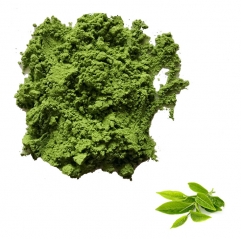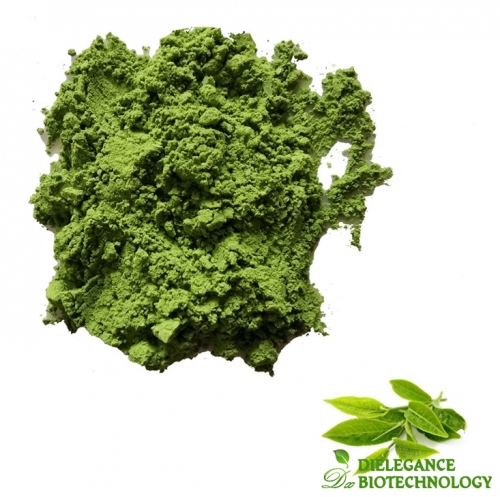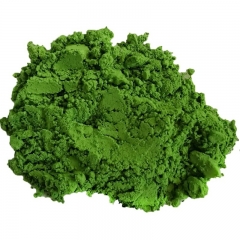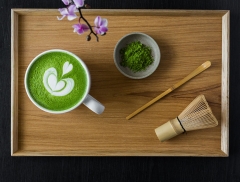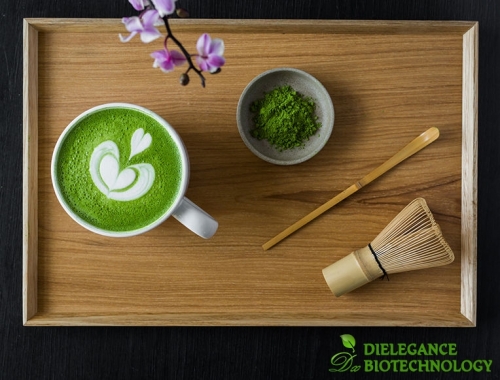YOUR SUPPLIER OF HERB EXTRACTS AND GARLIC OIL
You're looking to purchase herbal extracts and garlic oil for your company? And want to find a partner that is at the same time reliable and flexible? Welcome to Dielegance Biotechnology – one of Asia's leading companies in the herbal extracts and garlic oil industry!




